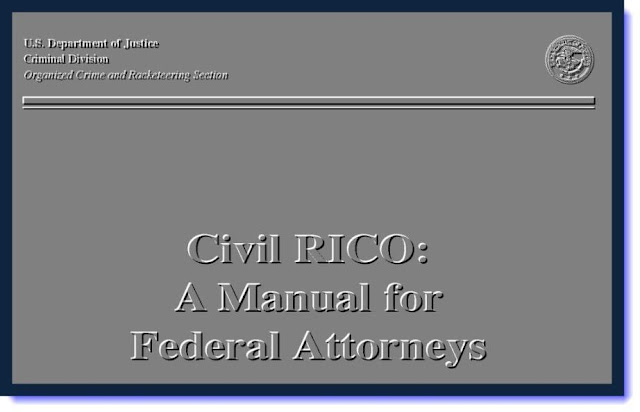 |
An online, nonprofit journalism organization has published an investigative report alleging that a criminal organization involving judges and local attorneys operates within the Sacramento County family law court system.
To continue reading, click Read more >> below:
The state Judicial Council is accused of inaction and failing to investigate the alleged racketeering enterprise. “Once again, the Judicial Council is turning a blind eye to documented corruption taking place in the state superior courts,” said Judicial Branch watchdog Ulf Carlsson.
To continue reading, click Read more >> below:
The state Judicial Council is accused of inaction and failing to investigate the alleged racketeering enterprise. “Once again, the Judicial Council is turning a blind eye to documented corruption taking place in the state superior courts,” said Judicial Branch watchdog Ulf Carlsson.
"We believe that Judicial Council Chair Tani Cantil-Sakauye - who was a Sacramento Superior Court judge - is personally obstructing this investigation to protect her former colleagues in Sacramento," Carlsson added.In the 2014 documentary film Divorce Corp, former Nevada County Superior Court employee and whistleblower Emily Gallup described her nightmarish experience when she attempted to report systemic problems at the court, including serial violations of state law by court employees. To view a clip from Divorce Corp featuring the Gallup interview, click here. After she was fired for whistleblowing, Gallup subsequently brought a successful wrongful termination lawsuit against the court.
The beginning of the Sacramento Superior Court investigative report, published by the California Judicial Branch News Network, is reprinted below:
As many of the articles on our main page reflect, Sacramento Superior Court whistleblowers and watchdogs contend that a "cartel" of local family law attorneys receive kickbacks and other forms of preferential treatment from family court judges, administrators and employees.To continue reading the rest of the investigative report, visit the Judge Pro Tem Racketeering page at Sacramento Family Court News.
The lawyers receive an assortment of illegal kickbacks because they are members of the Sacramento County Bar Association Family Law Section, work as part-time judges, and run the family court settlement conference program on behalf of the court.
The kickbacks usually consist of "rubber-stamped" court orders which are contrary to established law, and cannot be attributed to the exercise of judicial discretion. Most of the illegal orders are issued against indigent, or financially disadvantaged "pro per" parties without an attorney. Many of the pro pers also are disabled.
The ultimate consequences of the systemic divorce court corruption include lopsided divisions of community property, illegal child custody arrangements and the deprivation of parental rights, and unlawful child and spousal support terms. Court reform advocates assert the racketeering enterprise also has resulted in pro per homelessness, and caused, or contributed to at least two child deaths.
The alleged criminal conduct also deprives victims of their state and federal constitutional rights, including due process, equal protection of law, access to the courts, and the fundamental liberty interest in the care, management and companionship of their own children.
Court watchdogs charge that the settlement conference kickback arrangement between the public court and private sector attorneys constitutes a racketeering enterprise which also deprives the public of the federally protected right to honest government services. The alleged federal crimes also include the theft or conversion of federal funds received by the court, predicate acts of mail or wire fraud, and predicate state law crimes, including obstruction of justice and child abduction.
With the help of court employee whistleblowers, Sacramento Family Court News has partially reconstructed the framework of the alleged criminal enterprise that, in size and scope, rivals the Kids for Cash court scandal in Luzerne County, Pennsylvania, and the Orange County Superior Court case-fixing corruption scheme recently exposed by the FBI.
No comments:
Post a Comment